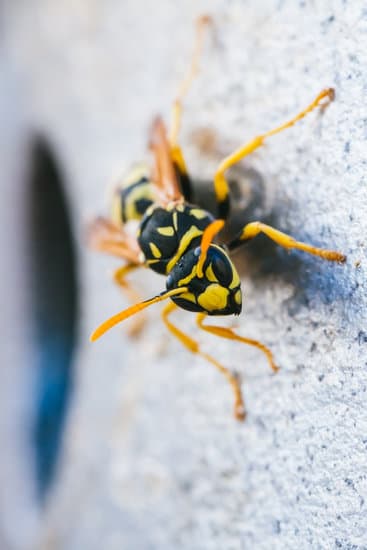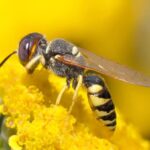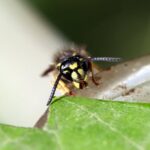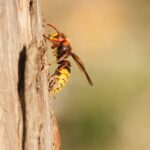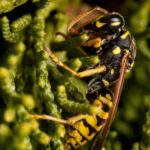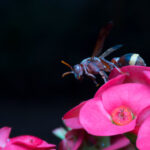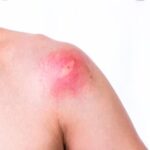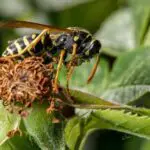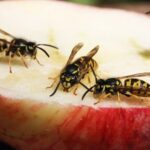Wasps and Light
Whether they’re nocturnal or diurnal, wasps love to be attracted to light. Light activates their circadian rhythm, and a wasp’s vision is an important tool in navigation. Unlike bees, wasps can detect ultraviolet light and distinguish between light and dark. Their compound eyes, which have thousands of facets, enable them to see high frequencies of light.
Although wasps can see light in all spectrums, they cannot see light in the red end of the spectrum. In addition, their eyes have a hard time seeing light in wavelengths greater than 600 nanometers.
Among other things, wasps are attracted to light for two reasons: warmth and food. Heat sources include candles, open campfires, and barbecues. Food sources include fallen fruit, flowers, and sugary substances. Wasps are also attracted to the aroma of sweet foods, like candy and nuts. They also like to eat protein-rich debris found in trash.
Light sources also attract wasps because they guide them to their nests. Light fixtures and outdoor light bulbs attract wasps as well as other insects. If you want to keep wasps away from your home, you should turn off lights and clean up potential feeding sources.
When you’re cleaning up, try to make sure that you don’t leave any standing water. This will make it harder for mosquitoes to breed. You can also keep wasps away by cleaning up dead insects. These insects are like a “supermarket” for wasps. Wasps are always looking for new food sources.
